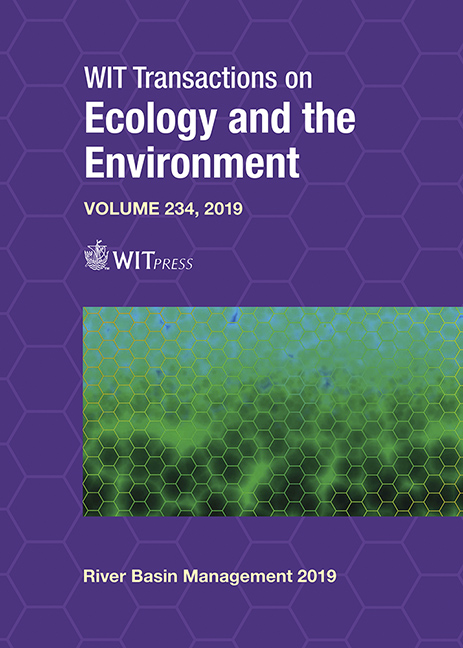UNDERGROUND WATERS: CHANGES IN GROUNDWATER POLICIES
Price
Free (open access)
Transaction
Volume
234
Pages
8
Page Range
123 - 130
Published
2019
Paper DOI
10.2495/RBM190131
Copyright
WIT Press
Author(s)
FRANCINE CANSI, JOAQUIN MELGAREJO MORENO
Abstract
The 1988 Constitution of Brazil used the expression “water resources”, not translating its economic use, but as being for the general enjoyment of the collectivity, the populace. Debates on issues related to underground water availability as another source of the water supply have raised major concerns about the quantity, quality and depletion of this resource. Even using this tuning fork, this hydrogeological body of water remains in a situation of scarcity, in the same way as the superficial waters, because the knowledge of the subject is still hindered. In Brazil, for example, the distribution of water is far from homogeneous, although there is a government effort to protect this reservoir. The greatest challenge in terms of water resources conservation lies in the lack of effective mechanisms to control, protect and use these natural resources without impeding the economic growth of the country. On the other hand, the concept of there being a water crisis goes beyond scarcity, resulting from a combination of governance failures, environmental preservation, sustainability issues and disparity in access to water. While the human right to water requires the use of this sensitive and exhaustible resource, there is an obligation for states to ensure there is secure access and secure storage, and there is a need for a more active role of sustainability to be present in society at large; however, the underground water use and management reiterate the same flaws that lead to surface water degradation. In addition, the deliberate use of groundwater requires rational actions, as resource allocation is as important in equity, which is often crucial in governance decisions. In order to understand groundwater policies, it is imperative to understand the structure and actual sequence of events by analyzing the factors or attributes that make groundwater management successful in some regions, but not others.
Keywords
global water, governance, groundwater policy, human rights, water policy, water use





